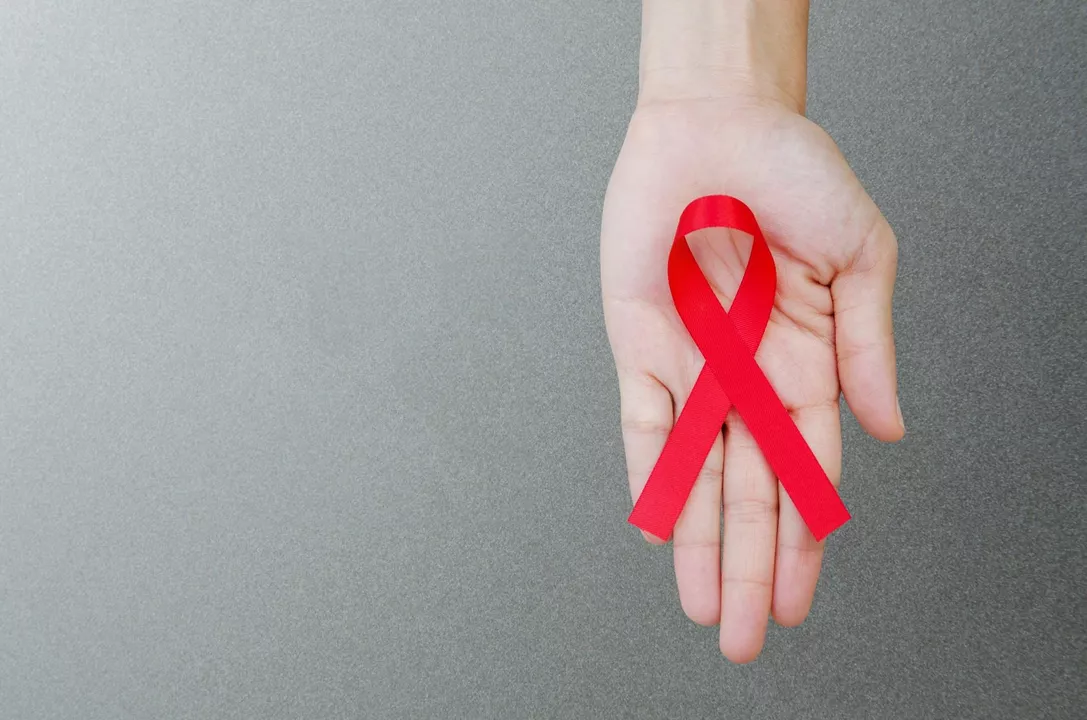Atazanavir is an antiretroviral drug used to treat HIV. It’s a protease inhibitor, which means it blocks a viral enzyme HIV needs to make more copies of itself. People take atazanavir as part of a combination HIV regimen — not by itself — and it’s usually given once a day.
Most adults take atazanavir with food to help the body absorb it. The common dose when paired with a booster (ritonavir or cobicistat) is 300 mg of atazanavir plus 100 mg ritonavir once daily. Some versions are given without a booster at 400 mg once daily, but that’s less common. Your doctor will pick the exact plan based on other meds, kidney and liver tests, and resistance patterns. Never change dose or stop suddenly — missing doses can let the virus become resistant.
Expect a few things to watch for. Atazanavir often raises bilirubin, which can cause yellowing of the skin or eyes (jaundice). This looks alarming but is usually benign; still, tell your provider if it happens. Other possible issues: stomach upset, headache, rash, and rarely heart rhythm changes or liver problems.
Drug interactions matter with atazanavir. It’s processed by the same liver enzymes as many other drugs, so some medicines will raise atazanavir levels and others will be lowered. Antacids, H2 blockers, and proton pump inhibitors (PPIs) reduce atazanavir absorption — so timing or alternatives are needed. Atazanavir can interact with common drugs like certain statins, rifampin, and some erectile dysfunction meds. Always give your doctor or pharmacist a full list of what you take.
Simple monitoring helps keep things safe. Your care team will usually check liver tests, bilirubin, and kidney function before and during treatment. They may also review an EKG if you have heart concerns or take other QT‑affecting drugs. If you notice new muscle pain, severe stomach pain, jaundice, dark urine, or fainting, contact your clinic right away.
Practical tips: take atazanavir with food; space antacids if you must use them; don’t mix with unapproved herbal supplements without checking first. If you vomit within an hour of a dose, follow clinic guidance — you might need to repeat the dose or follow other instructions. Keep pills in the original container and store at room temperature away from moisture.
Buying medicines: only get atazanavir from licensed pharmacies with a valid prescription. Avoid unknown online sellers or offers that seem too cheap — counterfeit or wrong drugs are a real risk.
Have questions about side effects, interactions, or starting atazanavir? Ask your HIV care provider or a pharmacist — they can tailor advice to your health, other meds, and test results. Staying on treatment and keeping communication open with your care team is the best way to keep the virus under control.

In my latest blog post, I discuss the importance of community outreach in promoting HIV awareness and prevention, with a focus on the antiretroviral drug Atazanavir. As a key player in the fight against HIV, Atazanavir has been proven effective in suppressing the virus and improving patients' quality of life. By educating our community about this medication, we can empower people living with HIV and help prevent the spread of the virus. Additionally, I explore various community outreach strategies and tools that can be implemented to raise awareness and encourage prevention. Join me in spreading the word to help create a healthier, more informed society.
As a blogger, I recently came across an interesting topic regarding the use of Cephalexin for preoperative prophylaxis. It's amazing to learn that this antibiotic can significantly reduce the risk of infection during surgery. By taking Cephalexin before a procedure, patients can prevent potential complications and ensure a smoother recovery. This is definitely an important measure to consider for those undergoing surgery. I'm glad to have discovered this valuable information and will continue to share such useful findings with my readers.
Learn how to speak up about medication side effects with clear steps, real tools, and proven strategies that help you communicate better with your doctor and avoid dangerous health risks.
Insurance plans often cover generic combination drugs differently than individual generics, leading to confusing and sometimes costly outcomes. Learn how formularies, tiers, and pricing affect your out-of-pocket costs-and how to save money.
Smoking can drastically alter how your body processes medications, especially those metabolized by CYP1A2. This hidden enzyme effect can cause treatment failure or dangerous toxicity - especially after quitting. Learn which drugs are affected and what to do.
Flushing medications pollutes waterways and harms aquatic life. Learn why take-back programs are the safest disposal method, what medications should never be flushed, and how to properly dispose of old pills at home.